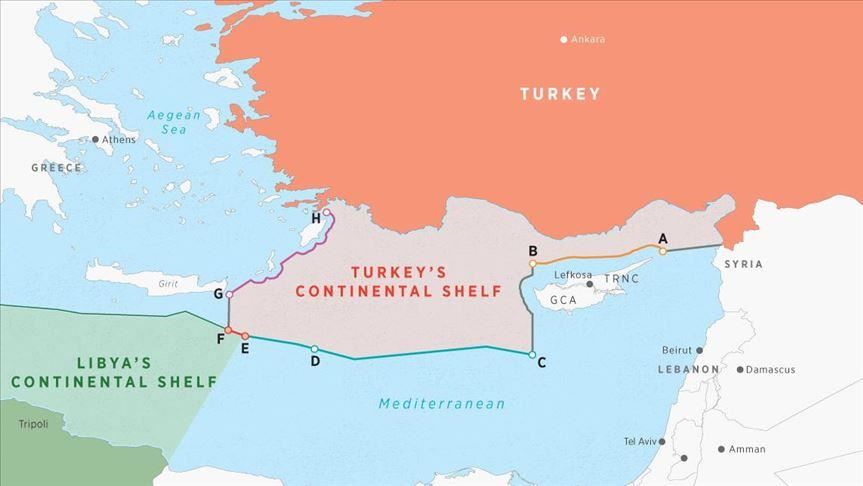
Special Representative of the Secretary-General for Libya and Head of the United Nations Support Mission in Libya (UNSMIL) Bernardino Leon speaks to the media during a press conference in Geneva, Switzerland, 11 August 2015. EPA/SALVATORE DI NOLFI
As Menas Libya Politics & Security reports, the potential for international military intervention in Libya has been the subject of intensifying diplomatic discussion over the past weeks, with the extent of the crises on the ground adding urgency. Italy has renewed its offer to take part in a stabilisation mission, while the Arab League moves towards assembling its own joint force under Egyptian leadership. But the efficacy on any intervention will depend on what forces on the ground it acts in support of, and the achievement of a national unity government within Libya may be a pre-requisite success.
The negotiations to achieve a Government of National Accord (otherwise referred to as the GNA or a Libyan unity government), which are being mediated by the UN, are set to resume on 27 August in Morocco. The Prime Minister of the House of Representatives government in the east of Libya, Abdullah Al-Thanni, has withdrawn the threats of resignation that he made a few weeks ago. But, as Libya Politics & Security reports, he seems unlikely to remain in the post for long. The House is discussing which figures could supersede him, and lead a Libyan unity government.
Representatives from the House told the media that they had debated a number of names, in terms of who could lead the Government of National Accord. These included Abdul Rahman Shalgam, Ali Zeidan, eastern federalist leader and House member Abubaker Buera, an engineering professor from Canada Otman Basir, Al-Shebani Abu Hamud, current Minister of Education in the east Fathi Al-Magbari, Major General Ahmed Oun, and Osama Siala. The current Libyan Ambassador to the UAE, Aref Nayed, is also still considered a frontrunner for the prime minister position.
Most interestingly, former prime minister Mahmoud Jibril’s name has been left off many lists of potential candidates to lead a Government of National Accord. Jibril was the most popular politician in Libya after the revolution, but his interference in politics and the fact that he has not lived in Libya during the difficult post-revolution period could mean that he no longer possesses the political base he used to have. Though he claims to have no desire to serve in future governments, many believe that Jibril is biding his time to lead Libya’s first post-transition government once there is a constitution in place.
Osama Siala may be one of the most acceptable names on the list released this week, in terms of his appeal to the Libyan public. Abdul Rahman Shalgam is a former high-level Qadhafi-era bureaucrat, who may be best known within the international community from his position as the Libyan permanent representative to the UN during the revolution. He lobbied to gain international support for the opposition to Muammar Qadhafi, but is still not trusted in Libya for being too close to the former regime. These suspicions are especially strong among the Libya Dawn coalition, and his ability to act as a reconciling figure is therefore limited.
Libya Dawn coalition, and the government of the General National Congress, has not committed itself to a government of national unity in the format that is currently proposed. It is unclear what, if any, discussions about a unifying prime minister have taken place among their members. But these coalitions, like those of the House and Operation Dignity, are internally divided. It will be challenging to secure the support of all the disparate elements within the two principal sides of Libya’s conflict for a single candidate.
But the international community is likely to place its support behind any Libyan unity government that is agreed through the UN process. Recent events, such as the IS massacres in Sirte, have also reportedly provoked most participants in the dialogue to try to speed up the talks. A Libyan unity government could potentially be agreed during the 27 August negotiations. Other deadlines include trying to get a Government of National Accord in place before the convening of the UN General Assembly (in mid-September) or before the expiration of the House’s mandate (20 October). But hardliners on both sides have remained quiet about progress. This struggle to achieve consensus, and compliance, will run through every stage of Libya’s transition even once the framework of that transition is agreed.



